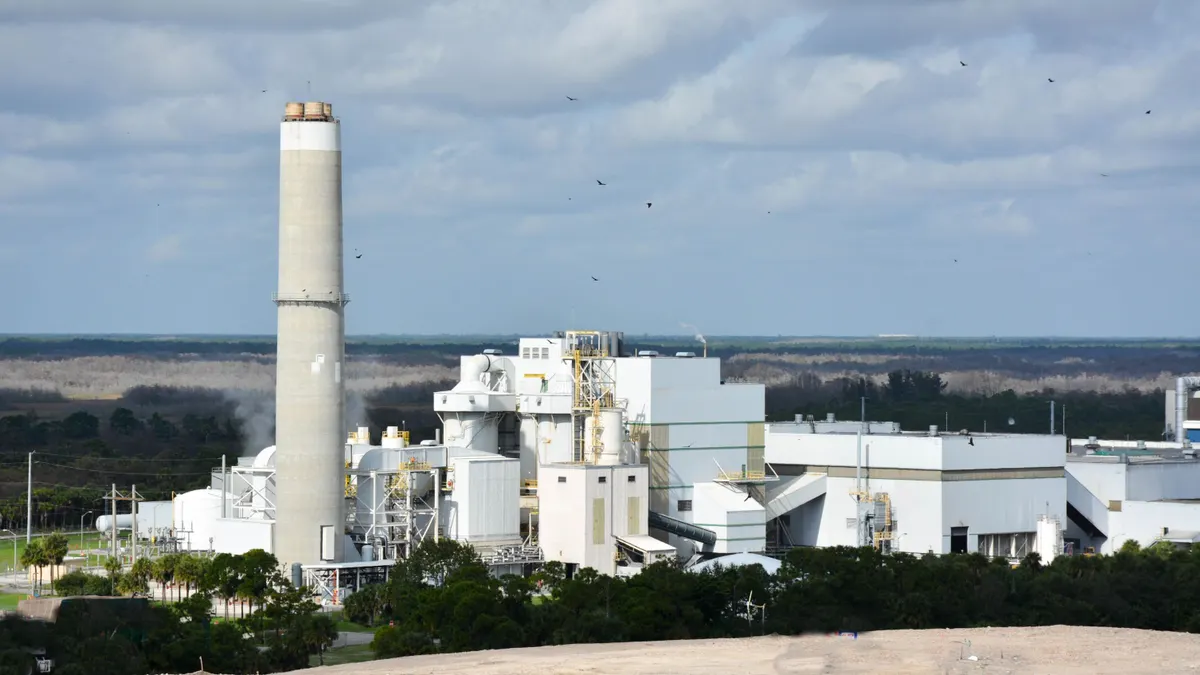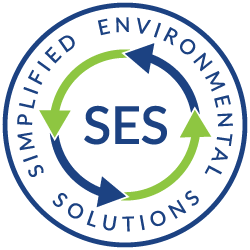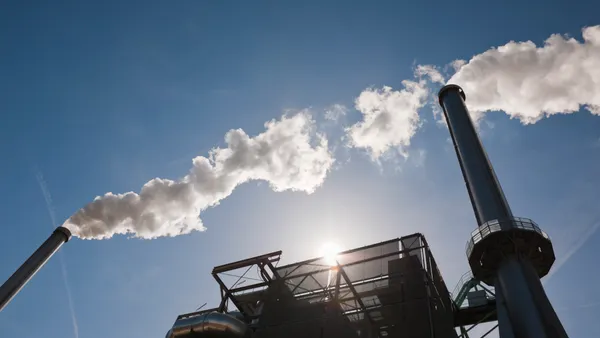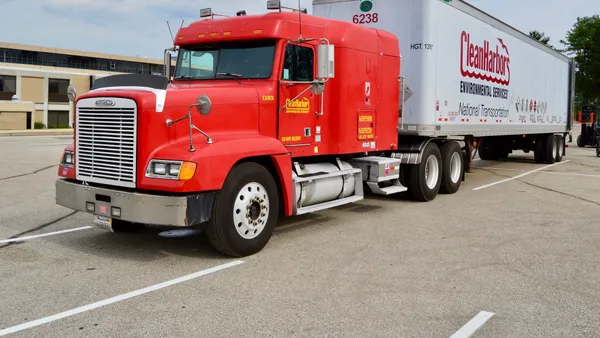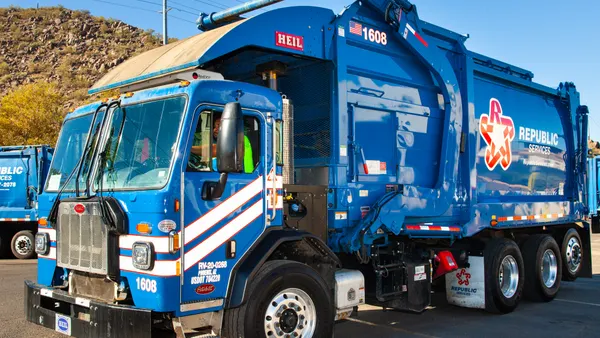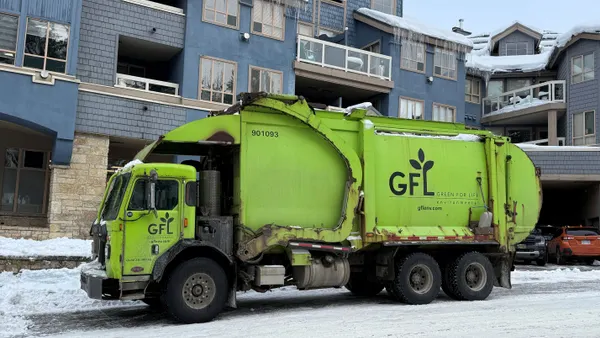Dive Brief:
- Members of the solid waste authority board in Palm Beach County, Florida, unanimously approved on Wednesday a $1.5 billion plan to build a new incineration facility by 2034. The county already has an additional mass burn combustion facility that opened in 2015, but officials say they need to replace a neighboring refuse-derived fuel plant that opened in 1989.
- The county is looking to add disposal capacity as it contends with a growing population. Palm Beach County owns the North County Landfill, where it has historically sent a combination of incinerator ash, C&D waste and other types of waste. That facility is currently projected to reach capacity in 2057.
- Some environmental advocates opposed the construction of a new incinerator over air emission concerns, but board members said this was the best option available to them given the challenges of building new landfill capacity in the state.
Dive Insight:
Palm Beach County is one of several in Florida looking into new incineration capacity.
Miami-Dade County has spent more than three years debating the possibility of a new facility, and neighboring Broward County has considered a replacement facility of its own. Pasco County is currently building its own thermomechanical treatment facility — Reworld and the county celebrated a construction milestone for the project last month.
Elsewhere, Pinellas County also approved on Wednesday a $320.9 million contract with FCC Environmental Services to continue operating its incinerator for the next 10 years, The St. Pete Catalyst reported. The company is taking over operations from Reworld at the site.
Palm Beach County’s Renewable Energy Facility 2, or REF2, was considered the first new mass burn combustion facility in the country in two decades when it opened in 2015. Capable of processing up to 3,000 tons per day of waste, it more than doubled the county’s incineration capacity.
Reworld, then known as Covanta, purchased the operations and maintenance contracts for the county's two incineration facilities from a subsidiary of Babcock & Wilcox in 2018. At the time, the facilities generated about $60 million in revenue per year, according to the company.
Reworld has continued to operate the facilities since then. Mike Duff, Reworld's senior director of business development, praised the county's approach to waste-to-energy during public comments at the solid waste authority's meeting. REF2 has hosted officials from other parts of Florida and around the country to show off the facility’s pollution control technology.
Reworld's operating contract for REF2 expires in 2034. While Reworld currently operates both incinerators in Palm Beach County, the new facility's operations contract will go out to bid. Procurement is expected to begin late next year, according to a presentation the solid waste authority shared with board members.
Reworld said in a statement it plans to participate in that process. “Reworld applauds Palm Beach County for its vision and continued commitment to advancing sustainable waste solutions,” the company said in a statement following the solid waste authority’s vote.
Under current contract terms, the old Renewable Energy Facility 1, or REF1, will need to be shut down by September 2029. Authority staff considered the possibility of extending the facility’s life for an additional five years while they prepped a new site for the replacement facility. Doing so would cost an estimated $80 million, Dan Pellowitz, executive director of the solid waste authority, told the board.
But the county would also have had to fill in a pond on the proposed new site in order to prepare it for a new facility. Doing so would add another $60 million cost and also require a permit from the U.S. Army Corps of Engineers, which could take two years to be approved, said Pellowitz.
As a result the board ultimately voted to approve building the replacement waste-to-energy facility on the site of the current REF1. While that capacity is removed from service, Palm Beach County plans to send excess waste tonnages to other landfills in the state — Pellowitz mentioned WM’s Okeechobee Landfill and Waste Connections’ JED Landfill as possibilities. The county will not increase the tonnage it sends to its own landfill during that time.
Pellowitz estimated that the added capacity from the new planned incinerator will extend the lifespan of the county’s landfill past 2060. The new facility is expected to begin operations around 2034.
Environmental advocates have opposed the construction of a new incinerator. While the solid waste authority board did not yet choose how much new capacity the facility would have, they floated the possibility of building it up to 3,000 tons per day. At those levels, the facility would be one of the largest sources of industrial emissions in the county, according to a report from the Sierra Club.
In response to criticism from advocates representing the local Sierra Club chapter at Wednesday’s meeting, Pellowitz noted that the county and environmental advocates led by a local Sierra Club chapter were at odds over landfill siting. Miami Sierra Club noted in a follow-up statement that it would have supported a landfill in the Everglades Agricultural Area over incineration.
While other Florida counties like Miami-Dade have explored composting and other efforts to reduce the amount of material sent to disposal, board members in Palm Beach County were skeptical that such initiatives could meaningfully reduce tonnages.
”For those that say zero waste, it'll never happen,” Maria Marino, county mayor and a member of the board, said Wednesday.
Editor’s note: This story has been updated to clarify Miami Sierra Club’s position on facility siting.



